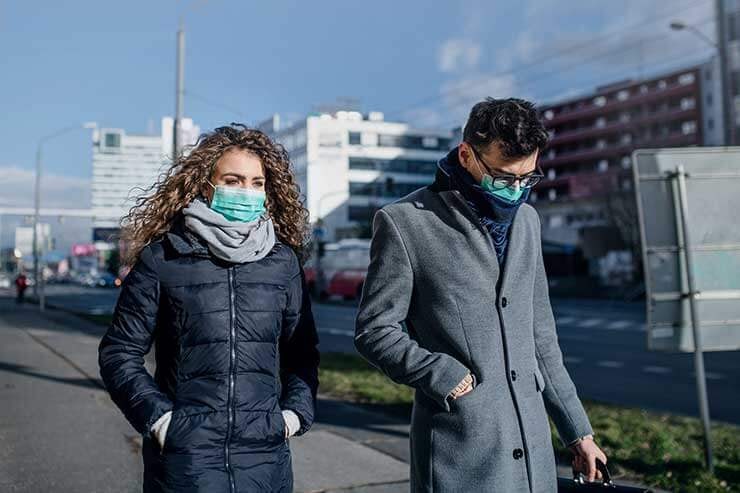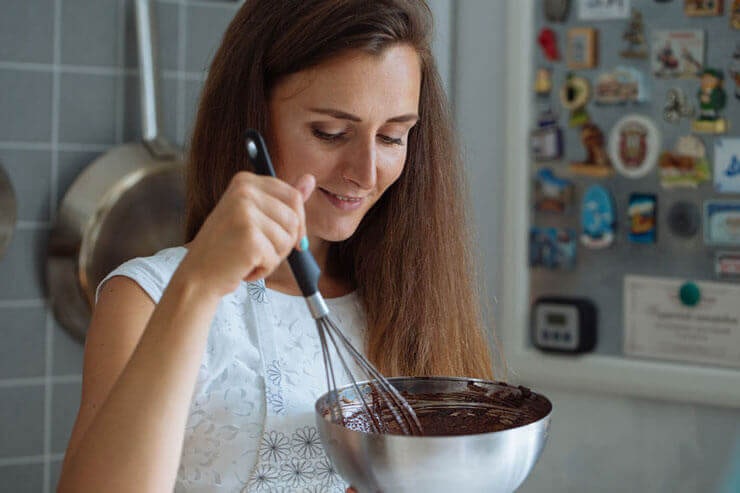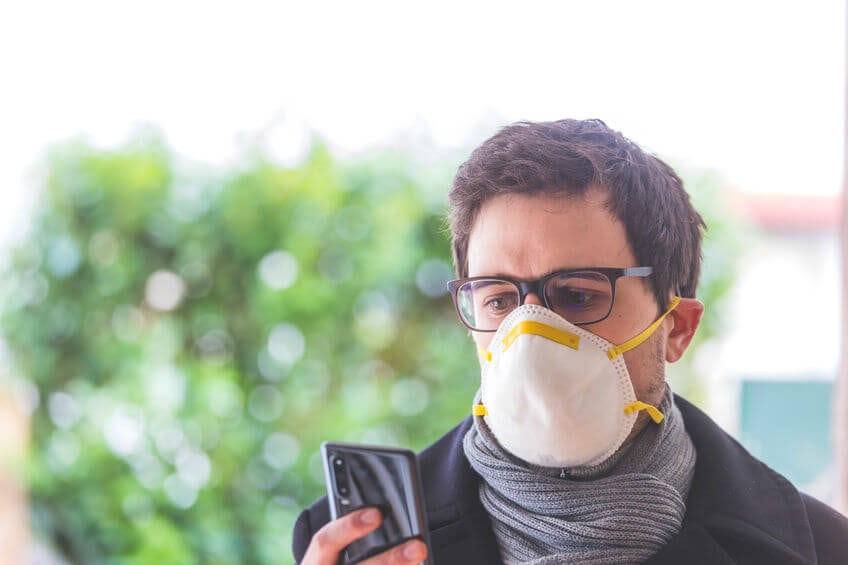The economic turmoil brought on by the coronavirus pandemic has wrought massive change to the lives of countless people worldwide. Social distancing measures put in place to slow down the virus have forced people to re-envision how we live, and the very concept of modern society.
➤ Get your medical card now with The Cannigma Medical
This has been a time of turmoil for the cannabis patients and users as well. Whether you’re a medical patient who has a set cannabis treatment to maintain, or a recreational user who turns to cannabis for relaxation or to relieve anxiety and boredom, the changes could be dramatic — and they may still be in place well after the pandemic is brought under control.
What does the post-coronavirus world look like for cannabis patients and users? We posed that question to industry leaders, medical professionals, and dispensary workers. Here’s what they had to say.
Will cannabis remain ‘essential?’
As lockdown orders went into effect across the United States in March, every state with a medical or recreational cannabis program declared dispensaries and clinics as “essential services,” allowing them to remain open — much like pharmacies and health care facilities.
Medical cannabis patients and advocates have expressed hope that these declarations will translate into greater access for patients long after the lockdowns are lifted.
With the green light from local authorities, dispensaries across the nation have altered their operations overnight — putting in new hygiene and social distancing regulations, and shifting towards pick-up and delivery wherever possible.
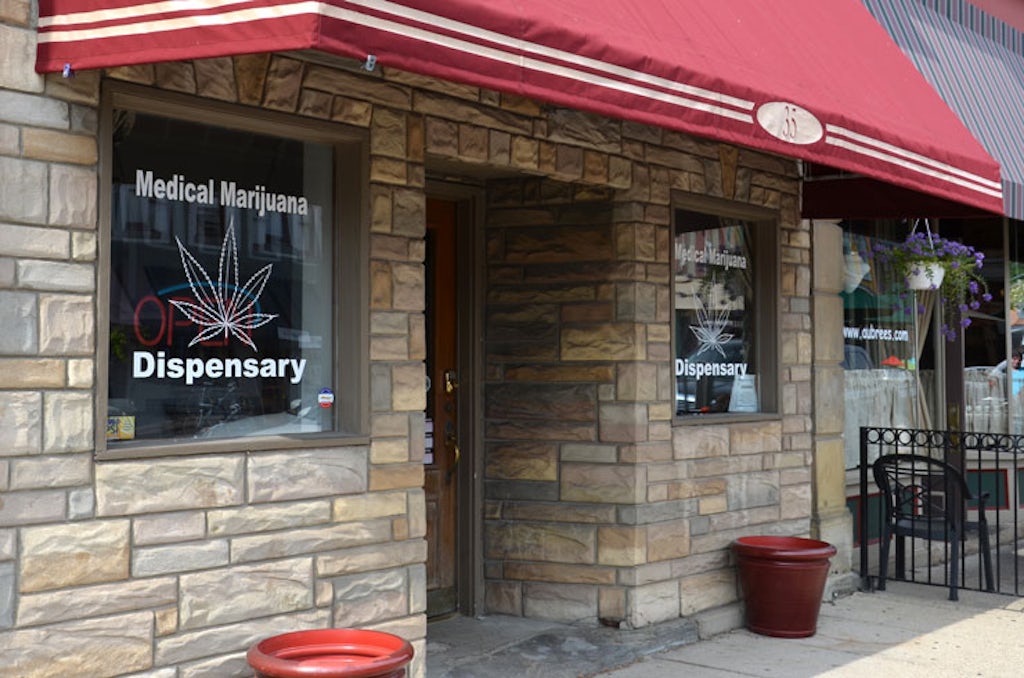
Jesse Huminski, regional store manager for the “Uncle Ike’s” dispensary chain in Seattle, where delivery was already legal, said there has been a sharp increase in online orders since the lockdowns began.
Huminski said that he believes many older customers have now learned how convenient online ordering is, “and now that they are forced to do it, I think they’ll stick at it.”
Medical cannabis patients have always benefited from delivery services, Debbie Churgai, the interim director of the cannabis advocacy group Americans for Safe Access, told The Cannigma. If those new rules remain in place, she said, it could have a major, positive effect on those using cannabis for medical reasons.
“We’ve always known that delivery helps patients,” Churgai told The Cannigma, discussing the possibility that new delivery options might stay in place after lockdowns and social distancing requirements disappear. “Many patients are homebound or it’s hard for them to go out so delivery has always been a great option for patients in general.”
Her organization plans to lobby regulators to keep measures like delivery, curbside pick-up, and telemedicine in place in the long term.
“All of these were needed before the pandemic and they will be needed after,” she said, adding that the current situation is only demonstrating how helpful things like telemedicine, delivery, and curbside pickup can be for patients — even without a pandemic.
“I think it will help policy move forward eventually,” she said.
Patients lose out without face-to-face purchases
Ordering cannabis online has more consequences than just greater access, however. It creates a much different experience for the patient or consumer.
Colorado-based Registered Nurse Katherine Golden is one of the co-founders of Leaf411, a telemedicine company that connects cannabis patients with nurses who have experience with medical marijuana.
As effective as telemedicine and online ordering is for helping patients get their medicine safely, Golden said, consumers do lose something when the in-store, budtender experience is lost.
“The preorders are great because it gives the disease less chance to spread but you don’t get that conversation with the budtender about whether or not you’re choosing the right product,” she explained. Online, you’re kind of guessing or just sticking to something you already know, instead of being able to ask the staff what else they have.”
She clarified that while budtenders aren’t supposed to give out medical advice, “they’re excellent at being able to tell you about the cannabinoid profile and terpenes in products,” which she said can help patients who know what they need to find the products that can help them.
Roy Bingham, co-founder and CEO of BDSA, a major cannabis industry research firm, also believes that pickup and delivery of cannabis will also have an effect on what types and brands of products people buy.
Without the advice of budtenders and in-store displays showcasing new and smaller company products, “it may cause people to buy what they always bought and have less advice from the budtender and less array of choices that they might experiment with, which of course helps the major brands which are more established.”
“Everyone looks for their vices when they’re stressed so I feel like that might be something that is going to sustain because it’s (cannabis) going to allow people to maintain some regularity in their lives,” Huminski adds.
‘Macaroni and cheese’ of marijuana
Because of all of the stresses of the coronavirus pandemic, people are going for trusted, “comfort” products, much like grocery store customers buying up boxed pasta during the lockdowns, Alex Kane, chief financial officer of “The Republic” dispensary in Boulder, Colorado, said in a webinar hosted by BDSA last week.
“We’re not seeing a lot of first time buyers who are coming in and interacting with us, we’re seeing a lot of repeat buyers which again is great but they’re buying those Kraft Macaroni and Cheese type products — flower, edibles, and in some cases concentrates.”
Kane said this is not only because people are leaning on trusted, known products during a public health crisis. He also attributed those changes to the fact that the budtender-customer interaction is no longer taking place.

‘Telemedicine was already working’
According to Dipak Hemraj, the head of research at Leafwell, an online network where patients can qualify for a medical marijuana card in their home state, the growing popularity of telemedicine is likely to last for the next year or two as the world copes with the pandemic — and possibly long after.
And for good reason.
In an email to the Cannigma, Hemraj cited a study on remote healthcare that found that those who make use of telemedicine have significantly fewer hospital admissions and hospital days.
“Telemedicine actually engages and possibly even improves a patient’s health. This is a massive benefit, and people will likely notice the difference and carry on doing what is best for them,” he said.

Katherine Golden, the nurse from Colorado, said that initially during the COVID-19 pandemic, her online clinic fielded calls from patients dealing “mainly with COVID fear.” This entailed questions such as, is it safe to go to a dispensary, or could the marijuana products in my home be infected with COVID-19?
Later she said the questions dealt with whether it’s safe to smoke cannabis flower or use THC or CBD because of their anti-inflammatory effects. Now, she and her fellow nurses have moved back to doing mostly what they were before the pandemic — answering questions about cannabis and health conditions that have nothing to do with the coronavirus.
Golden said that as effective as telemedicine and online ordering is for helping patients get their medicine safely, consumers do lose something when the in-store, budtender experience is lost.
New and improved cannabis products
Roy Bingham of BDSA predicted that the economic hardships of the pandemic will accelerate the consolidation of the cannabis industry among a number of major brands — but that doesn’t need to be a bad thing for consumers.
“For the consumer, it may lead to less variety but there are positives,” he said. There will probably be more and better research going on, maybe superior quality control and technologies because the larger companies can afford to spend more.”
Before the pandemic, the major cannabis companies were already working on improving the technology of cannabis products, in particular to make ingestibles that have rapid onset and offset, Bingham explained.
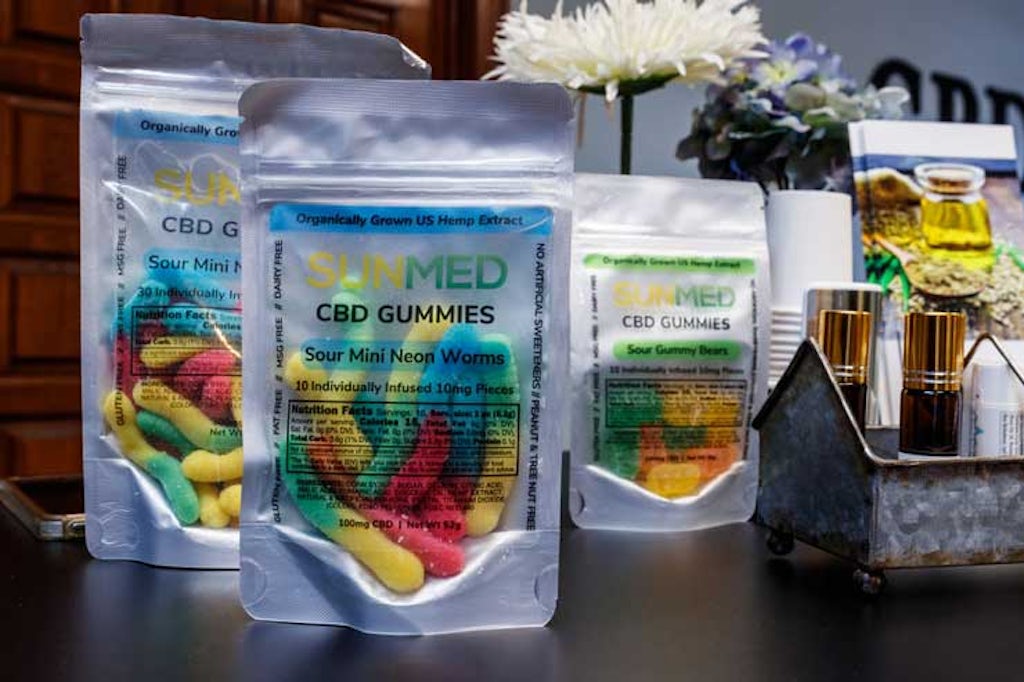
If there is even more investment as a result of market changes brought on by the coronavirus pandemic, it will likely influence the products that cannabis patients and consumers have available to them in the years to come.
“I think it’s a long term trend towards branded consumer products that are convenient to use, that have predictable effects and consistent onset and offset, and that’s what the giants of the industry are looking to achieve with ingestibles and concentrates,” he said.
The social aspects of cannabis
In movies, music, and just everyday life, so much of cannabis culture revolves around its use as a social, shared activity between friends, loved ones, and even random people cannabis users encounter in life, who happen to be passing a joint in their direction.
The problem is, sharing joints, pipes, or just smoking in close proximity to one another, can definitely help spread a highly contagious virus — and even not-as-contagious ones.

Throughout the pandemic, people have had to get used to smoking alone — if they weren’t already — or finding ways to hold online smoke sessions with friends and fellow travelers.
For consumers this could mean more cannabis fans will decide to purchase their own vapes, pipes, and other paraphernalia, so that in future smoke sessions with friends, every participant has their own device and doesn’t need to share.
Arguably, this doesn’t mean that the experience of marijuana use has changed much for many users. According to a survey from 2017, 40% of cannabis users over the age of 35 usually use marijuana by themselves.
Figures released by BDSA recently stated that 65% of cannabis consumers “consume daily, alone, or in small group settings.”
Uncertainty is one of the few certain things about the coronavirus pandemic. What we know about the virus and social distancing regulations can change on a daily basis — and seem guaranteed to remain unclear for the foreseeable future.
What is certain is that in the last few months, cannabis industry professionals and consumers have shown their ability to adapt to a rapidly changing reality, and this is likely to remain the case moving forward.
Sign up for bi-weekly updates, packed full of cannabis education, recipes, and tips. Your inbox will love it.

 Shop
Shop Support
Support
